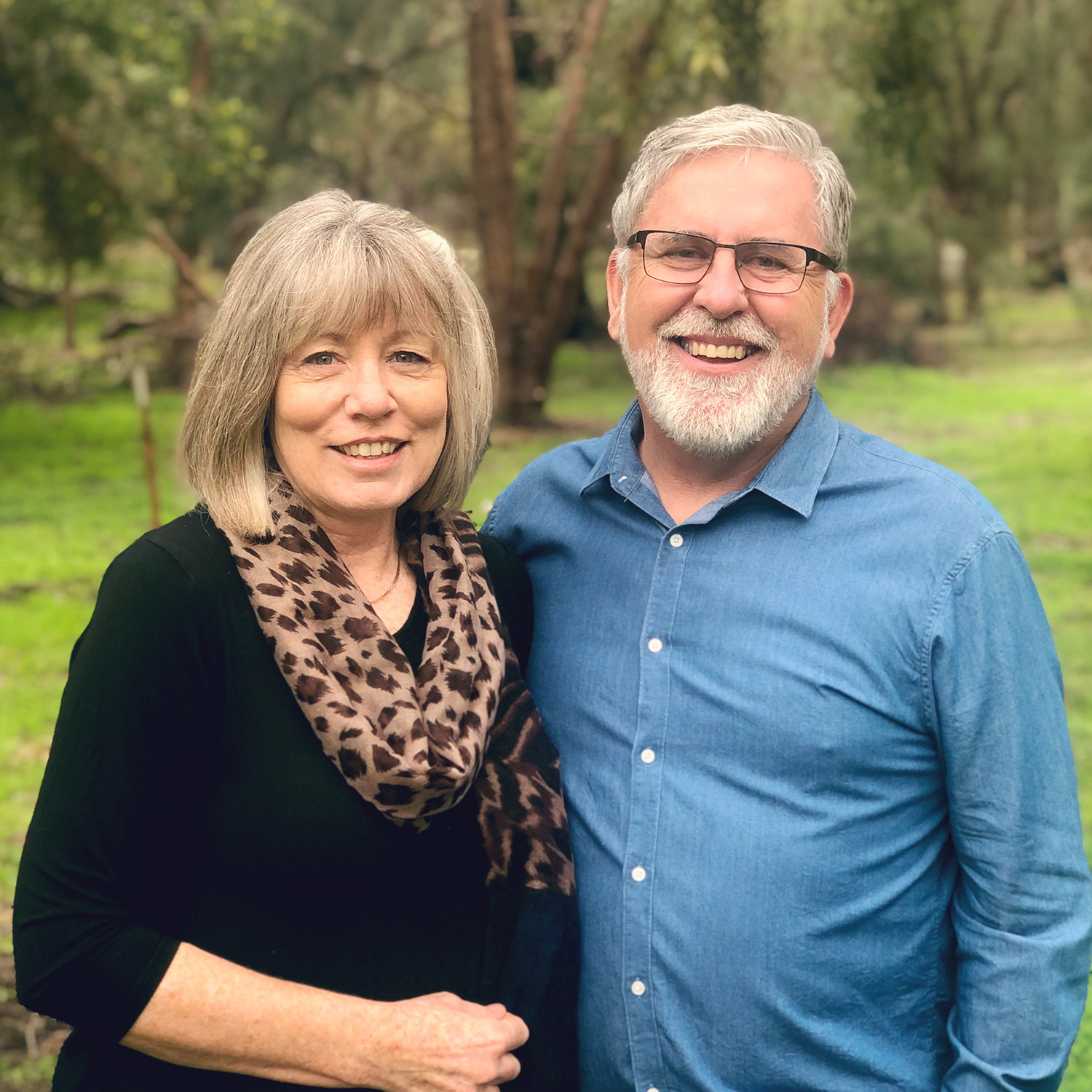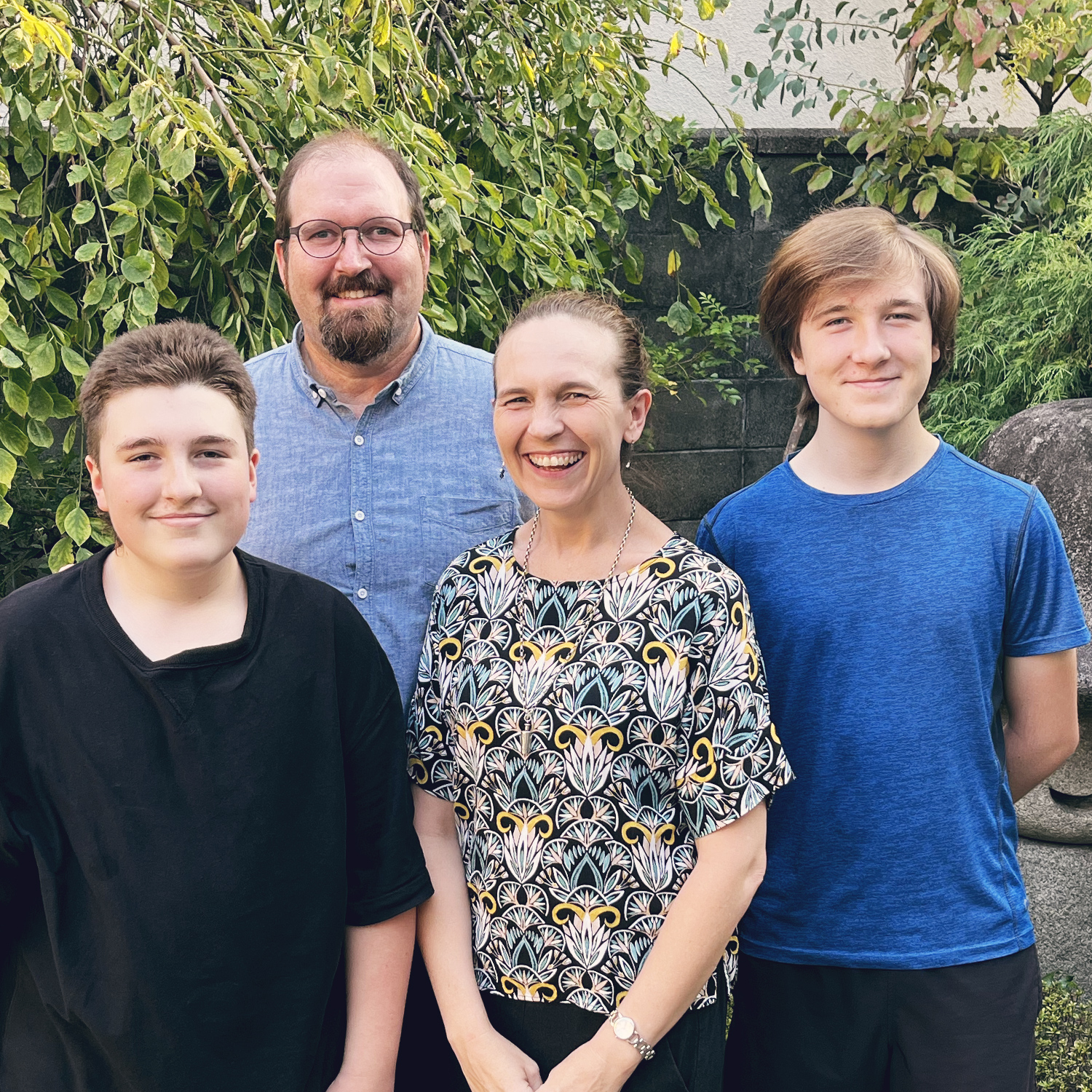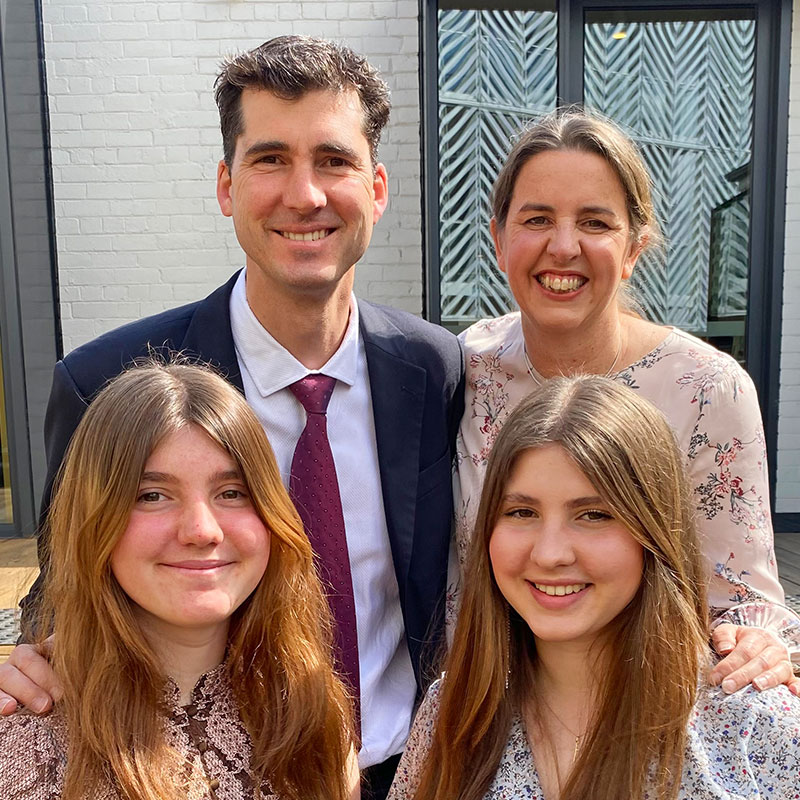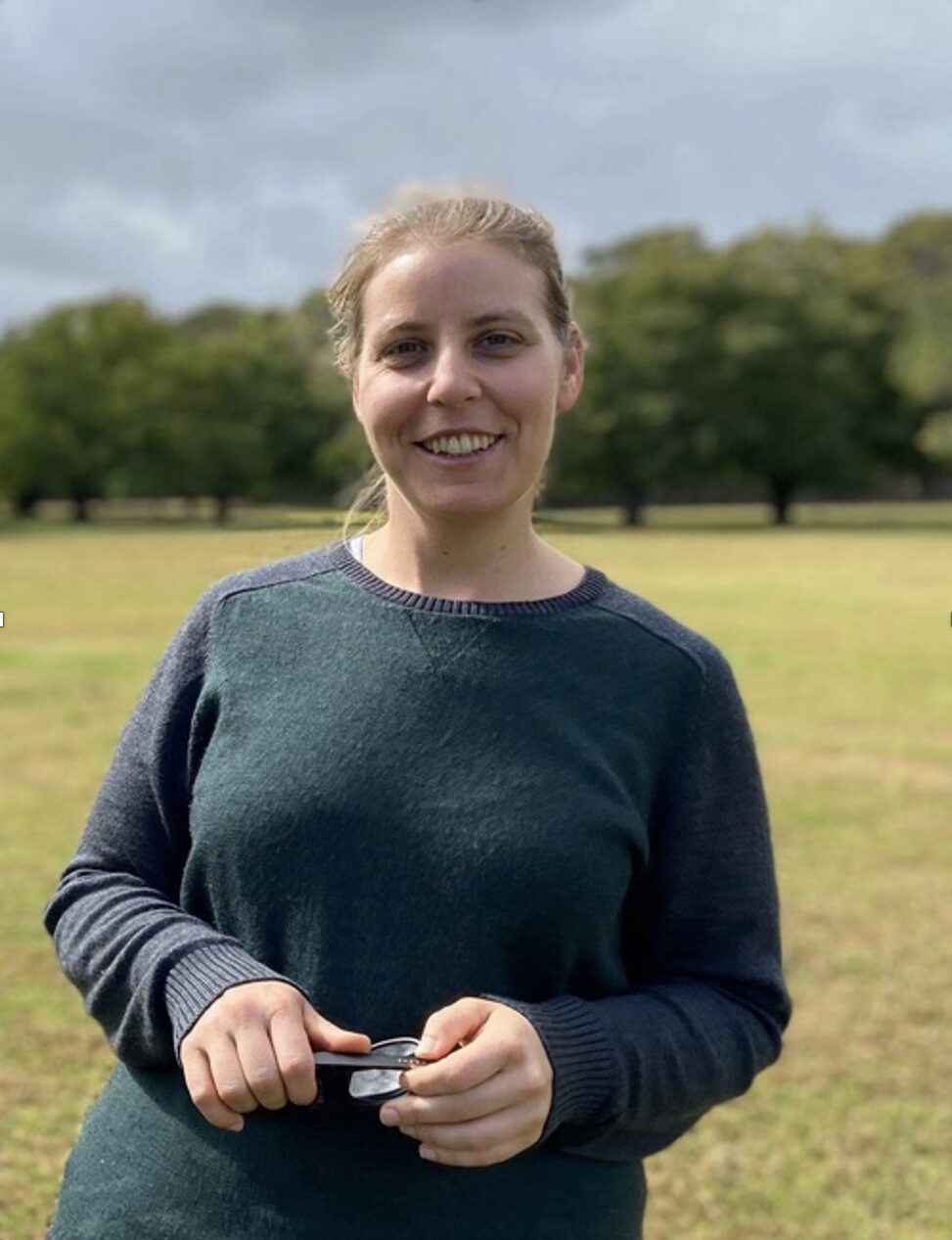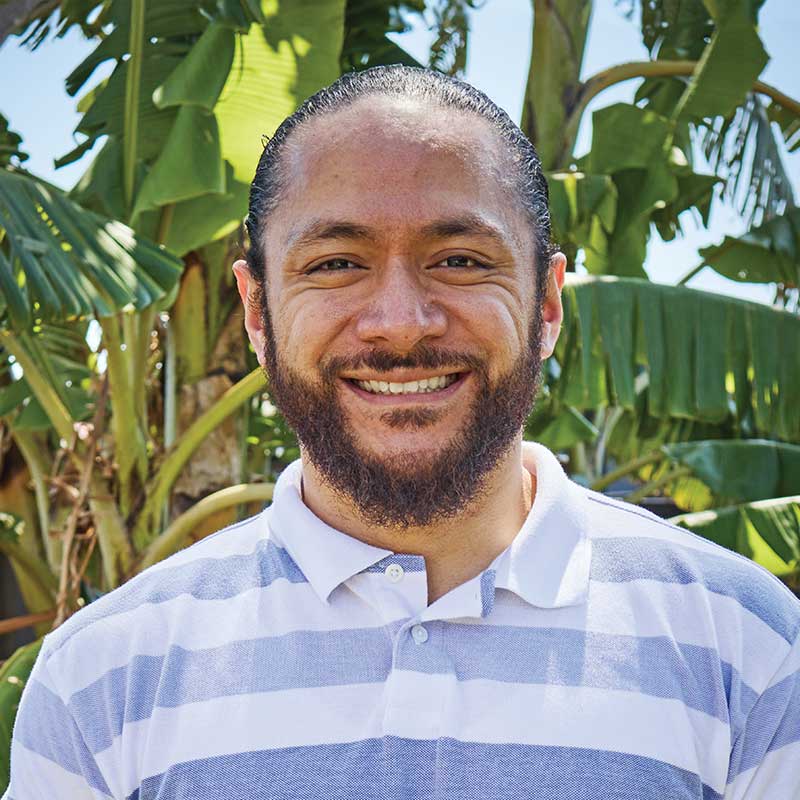God’s unchanging plans for mission. Part 2: Salvation to the nations
Former CMS missionary Simon Gillham now heads the Department of Mission at Moore Theological College in Sydney. In his first of four articles*, he wrote of God’s plans for the nations, beginning with Abraham. Now he turns to the book of the prophet Isaiah to help us see more clearly how God intends to bring his plans about.
C.S. Lewis writes as follows:
“It would seem that Our Lord finds our desires not too strong, but too weak. We are half-hearted creatures, fooling about with drink and sex and ambition when infinite joy is offered us, like an ignorant child who wants to go on making mud pies in a slum because he cannot imagine what is meant by the offer of a holiday at the sea. We are far too easily pleased.”
(C.S. Lewis, The Weight of Glory, and Other Addresses)
Too often our personal dreams are too small, our desires too weak, and our hopes short-sighted.
In this second in our series on ‘God’s unchanging plans for mission’ we will see how God reminded his people Israel, through Isaiah the prophet, that all their hopes, both personal and national, were too small.
Beginning with failure
In part one of our series, we examined God’s intention that Israel was to be a blessing to all the nations—distinct, holy, set apart, faithful and pure. But in all this, they failed. Far from blessing the nations, Israel was conquered by the nations. Rather than blessing and being blessed, they experienced God’s judgement on their unfaithfulness.
Isaiah offers hope: it’s all about “me”!
What was God’s response to Israel’s failure? What hope did God offer not just for Israel but for all the world?
In Isaiah 49 we read this command, spoken by ‘me‘.
“Listen to me, you islands;
hear this, you distant nations…” (Isaiah 49:1)
(For ancient Israel there was land to the east‘distant nations’—and to the west there was the Mediterranean Sea including ‘islands’. So, this was an Israelite way of saying ‘to the ends of the earth’.)
Every nation must hear what God has to say through ‘me’.
Isaiah continues:
“Before my mother was born the LORD called me; from my mother’s womb he has spoken my name.” (Isaiah 49:1)
Who is “me”? Introducing “the Servant of the Lord”
We must therefore ask: who is ‘me’?
In verse one this individual is someone that God has called from before he was born. In verses 2-3 he is someone that has a mouth like a weapon—a weapon that is hidden until God displays his beauty and splendour.
Verse 3 identifies ‘me’ as the Servant of the Lord—apparently meaning the entire nation of Israel. Yet paradoxically, part of this Servant’s work is to gather the nation of Israel back to God (verse 5). How can the nation of Israel gather the nation of Israel back to God? Especially given their stunning failures to this point, that has culminated in their exile to Babylon.
And what’s more, if that is what the Servant of the Lord must do, why does the Servant then need to tell this message to the whole world? After all, the message is first and foremost towards Israel.
The nation of Israel is “me”—the Servant of the Lord
Isaiah 41 clearly says that the nation of Israel is the Servant of the Lord.
8 “But you, Israel, my servant, Jacob, whom I have chosen, you descendants of Abraham my friend, 9 I took you from the ends of the earth, from its farthest corners I called you. I said, ‘You are my servant’; I have chosen you and have not rejected you. (Isaiah 41:8–9)
Here the names Jacob and Israel are used interchangeably. Jacob was Abraham’s grandson, through whom all God’s promises to Abraham (see Genesis 12:1-3)—including blessing for all nations—would come. Jacob received another name, Israel, and the nation that came from his descendants were known by that name. That nation is the Lord’s servant. In Isaiah 42 God says,
6 “I, the Lord, have called you in righteousness; I will take hold of your hand. I will keep you and will make you to be a covenant for the people and a light for the Gentiles, 7 to open eyes that are blind, to free captives from prison and to release from the dungeon those who sit in darkness. (Isaiah 42:6–7)
Israel is the servant. Just as we understood from Exodus 19 that Israel is a ‘kingdom of priests’ (see part one of this series), here we understand also that Israel is God’s servant, a light for the Gentiles—that is, the nations. Israel brings freedom and sight to a dark world.
“Me” (the Servant of the Lord) failed!
Just as with Israel’s task of being a ‘kingdom of priests’, the problem arises once again that Israel failed to be a true ‘Servant of the Lord’:
18 “Hear, you deaf;
look, you blind, and see!
19 Who is blind but my servant,
and deaf like the messenger I send?
Who is blind like the one in covenant with me,
blind like the Servant of the Lord?
20 You have seen many things, but you pay no attention;
your ears are open, but you do not listen.”
(Isaiah 42:18–20)
A blind, deaf servant is not going to be much use. Two things are clear:
First, the nation of Israel is not even worthy to carry the name of ‘Servant of the Lord’.
Second, in his very great mercy God will still redeem, buy back, save some of the nation.
How can this happen?
“Me” (the Servant of the Lord) is also one man, and he will not fail
If Israel as a nation failed, Israel as an individual has not.
Remember that Israel was Jacob’s name, before his name became the name of all his descendants. The nation Israel came from the individual Israel (Jacob).
Now we are learning through Isaiah’s words in Isaiah 49:5-7, that Israel the individual will one day redeem Israel the nation. But not only will he redeem the nation, Israel, he will redeem every tribe and nation!
Why the whole world now needs to listen to “me” (the Servant of the Lord)
Why does the whole world need to listen to the Servant of the Lord? Because it is through this servant, and only through this servant, that the light of God’s salvation will come to every nation.
Isaiah 49:6 tells us that it is ‘too small a thing’ for this Servant to only restore Israel. This servant has a far greater work.
Not only will this Servant announce salvation, he will bring salvation to the whole world. The world will despise him, people will mock, hate, torture and kill him. But the Servant will bring light and life to every tribe and nation.
A Jewish friend who became a follower of Jesus faced her family’s anger about her turning her back on Judaism to become a Christian. The tradition in her family was that at Passover, they would each recite a part of the Jewish Scriptures that was significant to them. When it came to my friend, she recited Isaiah 52:13–53:7.
Her dad was furious and said to her, “How dare you bring that Christian rubbish into my household!”
You see, he didn’t know his Jewish Scriptures that well. But even so he could tell that Isaiah was describing Jesus.
Jesus is the Servant of the Lord, who brings salvation to the nations through his atoning death and resurrection.
How do we—servants of the Servant of the Lord—reach the nations?
Jesus is the Servant of the Lord, the light to the nations, the one who bears the sins of the world. He is the one who will reach every tribe and nation as their ruler and saviour.
But there is a connection between Jesus’ work and ours—between Jesus as the Servant of the Lord and us, his servants. For we are indeed servants of the Servant of the Lord. We are servants of Jesus.
From Jesus to the disciples
Jesus says to his disciples in the Sermon on the Mount that they are “the light of the world”. The work of Jesus is passed on to his close followers.
In Acts 13 when Paul and Barnabas, who have become disciples of Jesus and ambassadors of his gospel, are rejected by Jewish leaders they respond:
46 … “We had to speak the word of God to you first. Since you reject it and do not consider yourselves worthy of eternal life, we now turn to the Gentiles. 47 For this is what the Lord has commanded us:
“‘I have made you a light for the Gentiles,
that you may bring salvation to the ends of the earth.’”
(Acts 13:46–47)
Paul and Barnabas realised, that after the resurrection and ascension of Jesus, they were now ‘servants of the Lord’—made so by God’s decision and call. They were charged with the same ministry; speaking and suffering and serving as a light for the Gentiles (the rest of the world), and bringing salvation to the ends of the earth.
The Servant passes his work to the servants
How do we, as servants of the Servant, carry on this work of bringing salvation to the ends of the earth? We are now called on to take up not just the Servant’s role, but the Servant’s nature, humbly serving as he served us, and sharing the Servant’s vision for salvation to the whole world
Humility
It is essential that anyone who wants to carry on the ministry of the servant, take on the nature of the servant. This is commanded in passages such as Philippians 2, where we are to have the same attitude as Jesus who, rather than hold onto heavenly glory, submitted to death on the cross.
Secular studies into effective cross-cultural communication in recent years have identified that the key indicator of effective communication is not language skill, or cross-cultural knowledge but humility. Humble people are curious to learn about other people’s cultures and values and what makes them tick. Humble curiosity drives the cross-cultural worker towards empathy and helps them understand how they are being perceived and how well they are communicating with the people they are serving.
Humble missionaries don’t assume that they know everything, or that their ways of doing things are the only, the right, or even the best ways.
Humble people are in a good position to start with a love for others, rather than an attitude of superiority.
Humble people, in loving others, are willing to learn their language, eat their food, meet their friends and family, thus sharing not just the gospel but their very lives. (1 Thessalonians 2:8)
These are the people God will use to take the gospel to the nations.
“Too small a thing”
Are our hopes and dreams too small?
We might be hoping for a new relationship, or perhaps a mended relationship. But are we dreaming for something that is too small? Might we hope for something far greater: for relationships with people from every tribe and nation—or at least from a different tribe and nation? And even more than having individual relationships, might we hope for these friends to mend their relationship with God?
Perhaps we may be hoping for a new job or a more important role. But is there any job or role more important role than serving the Servant of the Lord, and sharing the work of taking the gospel to the nations?
Perhaps we are hoping to achieve something truly significant this year, or in years to come. If so, are we ready to take our place in God’s great plan of bringing all things together under the Lord Jesus?
There is no greater work than to serve the Servant of the Lord. The nations of the world belong to him, and we work as his humble servants, introducing them to the servant King. We do this wherever he calls us to serve. May we pray and live and work as true followers of Jesus—servants of the Servant of the Lord.
*Parts one, three and four of Simon’s four-part series are all now online.




























